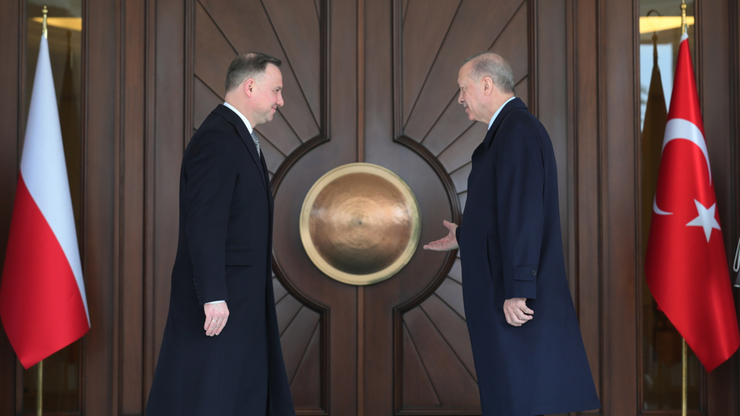
Jakub KOREJBA(*)
AVİM Intern
Türkiye and Poland seem to be geographically and culturally far apart, but political circumstances may shortly convince them to pay each other more attention.
The long, rich, and sometimes turbulent relations between two countries were disrupted in the late 18th century with the partitions of Poland, remained theoretical during the 19th century when Poland did not exist as a state, and never reached intensity in 20th century being subordinated to the Cold War logics of East-West confrontation. But 21st century comes with substantial changes in the geopolitical environment for both countries, confronting them with the need to find new answers to new (or, possibly just forgotten old) questions.
Notwithstanding all the differences between internal structure as well external dynamics, it might be considered an interesting intellectual experiment to identify domains where both countries face challenges of similar nature. Although mutual relations do not find any formal recognition in the official documents of both Türkiye[1] and Poland[2], the nature of their position in the international system seems to demonstrate interesting parallels inciting a theoretical, if not yet practical attempt to mutually share experience on one hand and potentially join efforts on the other.
On the internal level, both have adopted social and economic modernization as the main objective, so to say a primary national task whose ultimate aim is to break civilisational barriers behind which both were placed due to external factors and to move from the periphery of the developed world towards its core. Avoiding the middle-income trap[3] is perceived not only through the lenses of a consumption level available for the population, but also a matter of national dignity as well as a security issue due to the fact that both are located in the regions where the poor become the weak and the weak eventually become the dominated (in a sense of losing internal decision-making autonomy) or eliminated. Both countries see a strong economy as indispensable for a strong military, and a strong military as a guarantee of their sovereignty.
On the regional level, both are surrounded by one or more sub-regions producing instability and threats. The Middle East and South Caucasus for Türkiye as well as whole western flank of post-Soviet space for Poland are constant sources of latent or active crises, including war in its very classical, kinetic form as well as in hybrid format. As a result, both face a contradiction: on the one hand they feel responsible for stabilizing the region by taking active measures towards its troublesome neighbours, and on the other, they are seen by great powers as buffer states whose role is not solving problems but serving as ‘territorial insulation’ between them and the ‘civilised world’. Without going into details of the process that may be seen as a regional emancipation and thus an element of emerging multipolarity, one example for each country shows the logic of this contradiction: it is in the very interest of Poland and Türkiye to stabilize situations in Ukraine and Syria respectively without the influence of great powers present in both regions.
On the global level, both struggle to change their political status from an object to a subject of world politics, from being a passive recipient of trends produced by great powers to an active author of international agenda, at least in their direct neighbourhood. Both have bitter experience of being treated as a geopolitical feedstock used for great powers’ games, in Sèvres or Yalta, and both are highly motivated to not let this sort of situation be possible ever again. Both countries describe themselves as ‘middle powers’[4] with Türkiye effectively achieving this position (due to a larger potential and a longer period of independent foreign policy) and Poland on its way of emancipation. Both have, to say the least, a complicated approach to their participation in integration structures, reflecting historically motivated hesitation of ceding sovereignty to supra-national entities. Both see the emergence of regional blocs as a solution to avoid finding themselves in a geopolitical ‘crush-zone’[5] and regarding themselves as natural leaders of their respective regions.
The abovementioned similarities would practically mean little more than the fact that both countries may wish each other ‘good luck’ and continue struggling with their own problems, if only the war in Ukraine did not happen to open the window of possibilities (as well as the window of risks) to both of them at the same time, compelling Warsaw and Ankara to elaborate their strategies towards the changing regional reality as well as to the game great powers are playing during the ongoing conflict.
Managing the conflict itself as well as the post-war reconstruction of Ukraine, seen as a part of regional reconfiguration, may be a part of the solution of abovementioned general problems both in the terms of economic development and regional security. But, if managed properly, it can also establish new rules of conduct, profitable for both countries. For Poland the positive outcome of the conflict in Ukraine would be expressed by the universal assumption that ‘there is no place for neo-imperialism in international relations’ and for Türkiye it may be expressed by the fact that ‘armed separatism shall not be deemed as a way to solve problems’.
Finally, from the point of view of junior partners in the Central-Eastern Europe and Black Sea Region, it is obviously more appealing to have to deal with two new and pragmatic middle powers than with an old and ideological single superpower, which, if put into practice, will play as a factor of long-lasting stability and development.
Methodological note: Being aware of imprecise and ambiguous nature of the term ‘geopolitics’ that is widely used by political science specialists as well as non-specialists to describe a broad spectrum of concepts and phenomena different one from another, I use it in its purely linguistic sense. The usage of the term ‘geopolitics’ in this text should be perceived as purely technical and free of any ideological (either liberal, realistic, Marxist, or constructivist) content.
*Jakub Korejba graduated from Warsaw University (Institute of International Relations, 2009). Lecturer at MGIMO University in Moscow (2010-2015). Holds Ph.D degree (Problems of European Policy in Russia-Ukraine Relations, 2013). Journalist with several Polish newspapers and Russian TV stations.
**Photo: PAP/EPA/Turkish President Office
© 2009-2025 Avrasya İncelemeleri Merkezi (AVİM) Tüm Hakları Saklıdır
Henüz Yorum Yapılmamış.
-
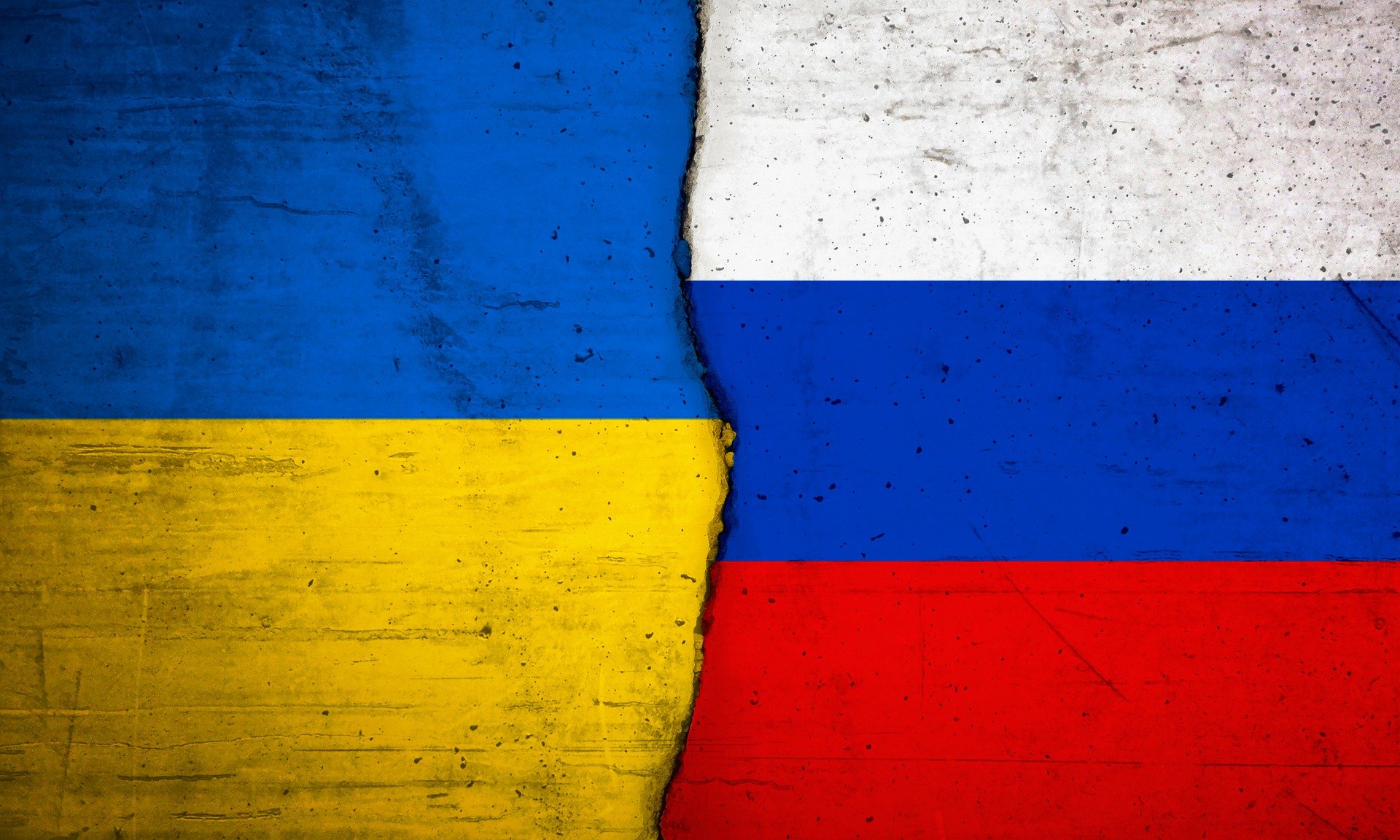 A ‘BLINK’ MOMENT OF THE RUSSIA-UKRAINE WAR - 15.10.2025
A ‘BLINK’ MOMENT OF THE RUSSIA-UKRAINE WAR - 15.10.2025
Jakub KOREJBA 15.10.2025 -
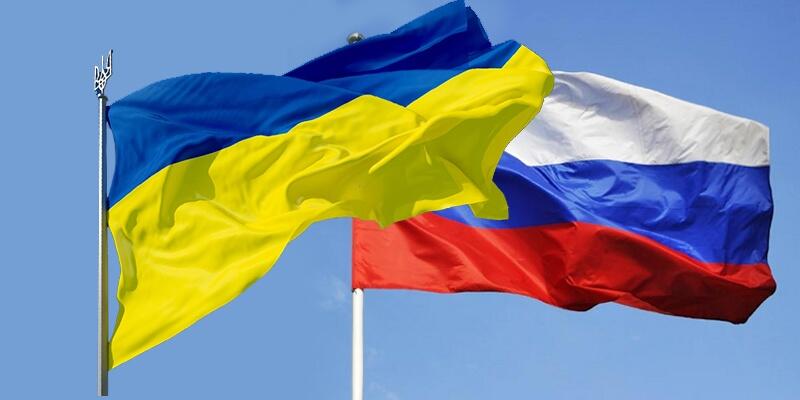 RUSSIA AND UKRAINE’S NEW RELATIONS: EVOLUTION THROUGH CONFRONTATION - 25.06.2024
RUSSIA AND UKRAINE’S NEW RELATIONS: EVOLUTION THROUGH CONFRONTATION - 25.06.2024
Jakub KOREJBA 25.06.2024 -
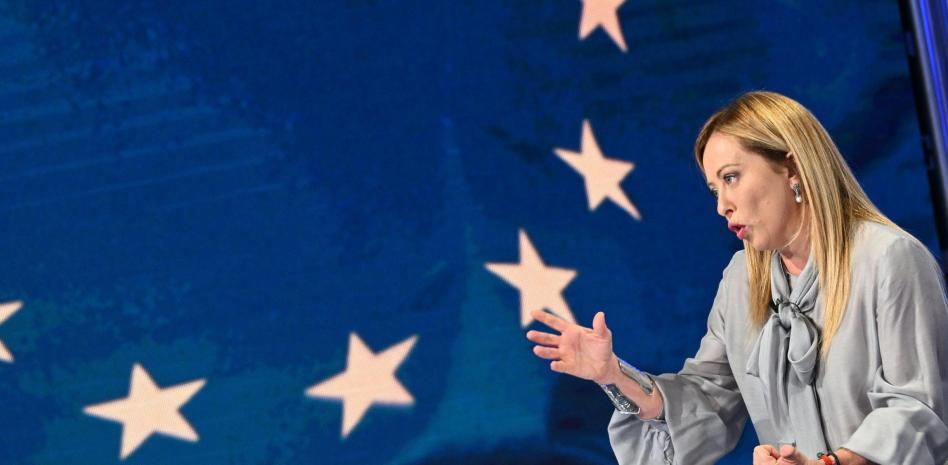 GIORGIA MELONI AND THE FUTURE OF EUROPE - 03.10.2022
GIORGIA MELONI AND THE FUTURE OF EUROPE - 03.10.2022
Jakub KOREJBA 03.10.2022 -
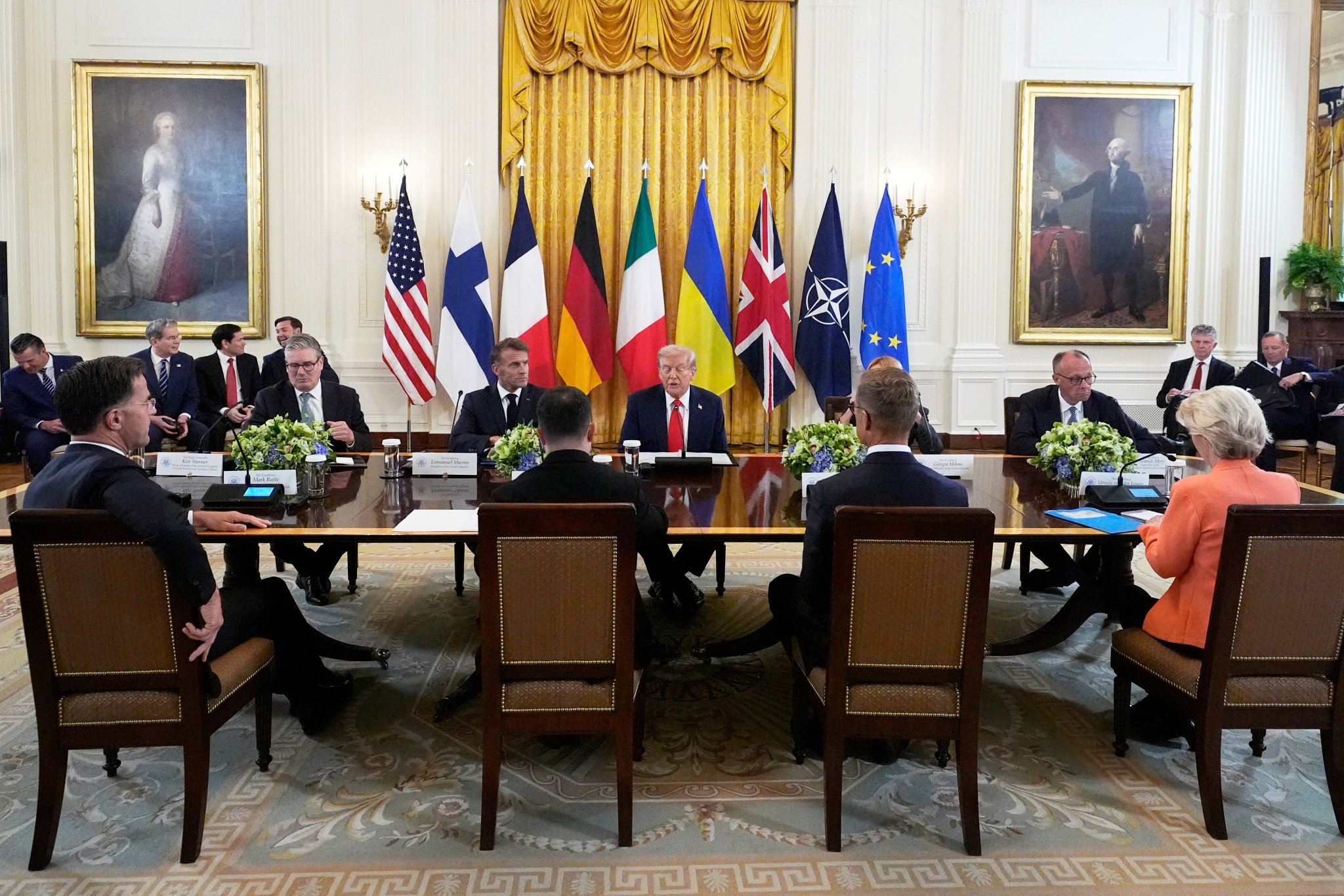 MEETING IN WASHINGTON - A LESSON OF REALISM - 22.08.2025
MEETING IN WASHINGTON - A LESSON OF REALISM - 22.08.2025
Jakub KOREJBA 25.08.2025 -
 THREE EDGES OF EURASIA - 21.09.2022
THREE EDGES OF EURASIA - 21.09.2022
Jakub KOREJBA 21.09.2022
-
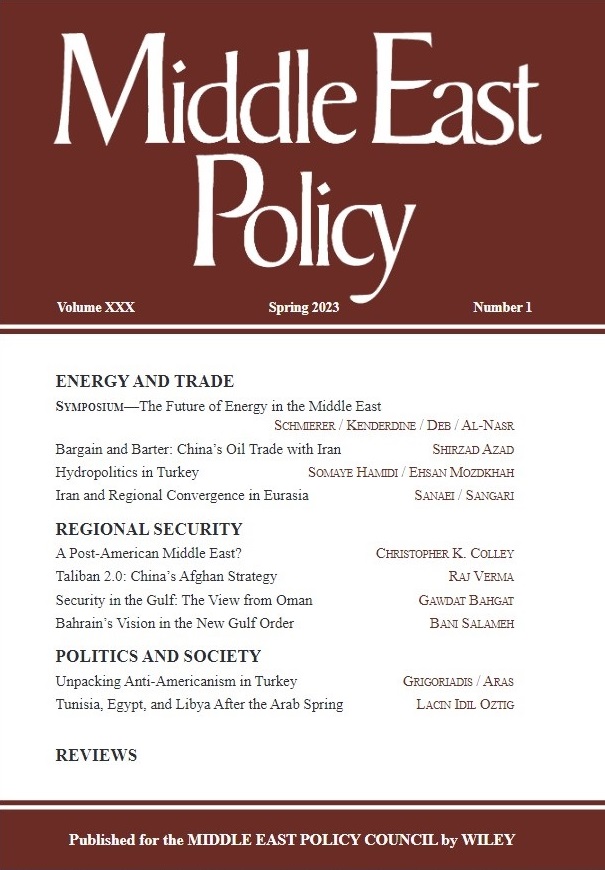 BOOK REVIEW: THE OTTOMANS: KHANS, CAESARS, AND CALIPHS - MIDDLE EAST POLICY - 01.03.2023
BOOK REVIEW: THE OTTOMANS: KHANS, CAESARS, AND CALIPHS - MIDDLE EAST POLICY - 01.03.2023
Jeremy SALT 12.04.2023 -
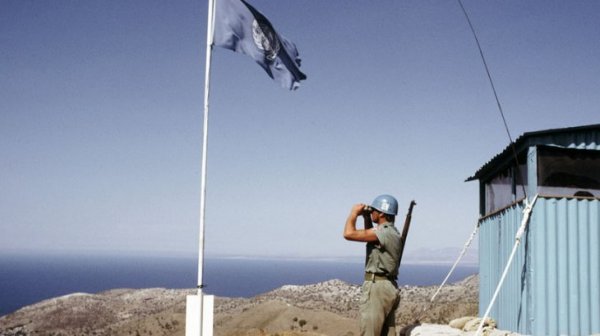 KIBRIS’TAKİ BM BARIŞ GÜCÜ’NÜN GÖREV SÜRESİNİN UZATILMASI – 10.09.2019
KIBRIS’TAKİ BM BARIŞ GÜCÜ’NÜN GÖREV SÜRESİNİN UZATILMASI – 10.09.2019
Tugay ULUÇEVİK 10.09.2019 -
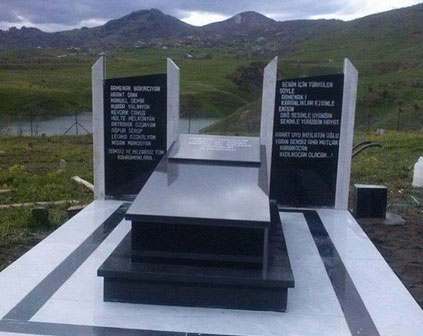 BUNLAR KİMİN KAHRAMANLARI?
BUNLAR KİMİN KAHRAMANLARI?
Arslan BULUT 24.11.2016 -
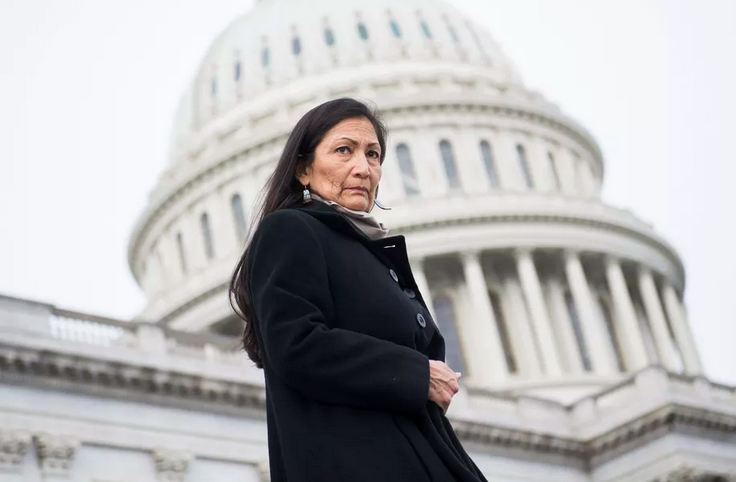 AMERİKAN YERLİSİ KÖKENLİ DEB HAALAND’IN ABD İÇİŞLERİ BAKANLIĞINA ADAY GÖSTERİLMESİ - 08.01.2021
AMERİKAN YERLİSİ KÖKENLİ DEB HAALAND’IN ABD İÇİŞLERİ BAKANLIĞINA ADAY GÖSTERİLMESİ - 08.01.2021
Ömer ZEYTİNOĞLU 12.01.2021 -
DUMA SEÇİMLERİ ÖNCESİ RUSYA’DA SON DURUM-Halit GÜLŞEN
- 27.10.2011


